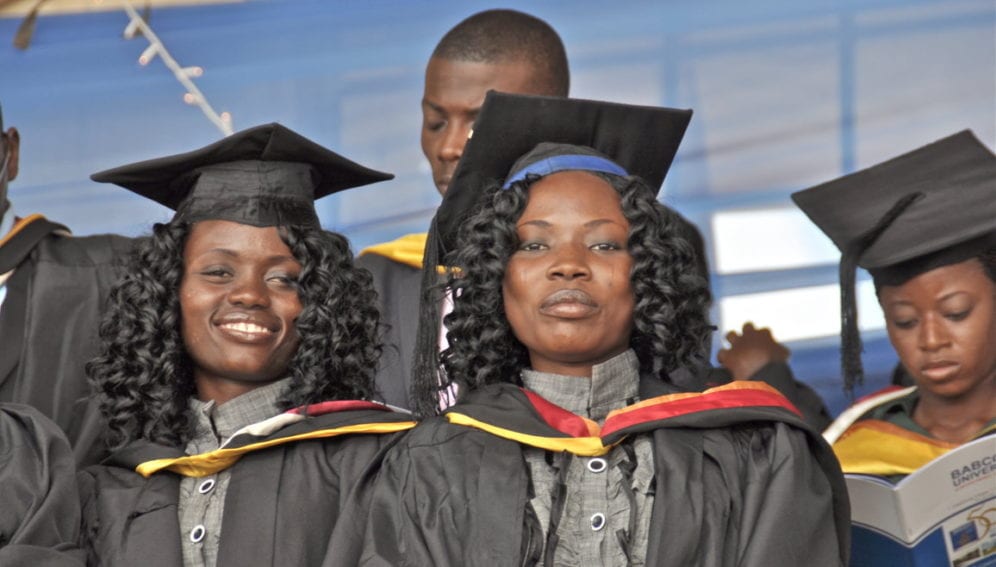Send to a friend
The details you provide on this page will not be used to send unsolicited email, and will not be sold to a 3rd party. See privacy policy.
[ABUJA] Nigeria has launched a project to build an elaborate communication infrastructure to connect research and educational institutions.
The Nigerian Research and Education Network (NgREN) project commissioned early this month in Abuja, Nigeria (8 July) has been established by Nigeria’s National Universities Commission (NUC) and the Committee of Vice- chancellors of Nigerian Universities (CVC).
“This network will promote linkages and collaboration between the research communities, industry, government and other international research [bodies],” says Julius Okojie, the executive secretary of the NUC, who is also the chairman of NgREN’s board of directors. “It will also leverage technology to promote new and innovative ways of teaching and learning.”
According to information on NgREN’s website, the World Bank has approved US$10 million to fund the first phase of the project which will link 27 federal universities.
“This network will promote linkages and collaboration between the research communities, industry, government and other international research [bodies].”
Julius Okojie, National Universities Commission, Nigeria
The project hopes to aid sharing of resources across educational and research institutions in the country and abroad largely through improved efficiency in providing digital content, it adds.
Nigeria’s minister of state for education, Nyesom Wike, has described the NgREN as the first of its kind in Africa.
Omobola Johnson, the country’s minister of communication technology, said during the launch: “I am encouraging the NUC, CVC and other stakeholders in the NgREN to ensure that we have quality content that will be the envy of other nations”.
But the Nigerian Academy of Science while welcoming the initiative as a positive move has criticised it for failing to include in its first phase universities not owned by the government.
Oyewale Tomori, president of the academy, tells SciDev.Net that while the project could reduce the high cost of bandwidth for some Nigerian universities, delivering world-class teaching and research services is more than just merely bringing down the cost of connectivity.
“This is a long overdue project I hope it will cover all Nigerian universities — public and private. Some projects are currently limited to federal and state universities,” says Tomori, adding that it is inconceivable that the project is depriving private universities despite their important role in the educational system.
According to Tomori, a former vice-chancellor of privately-owned Redeemer's University of Nigeria, the government is working with the NUC to “sometimes frustrate the private universities, which account for 50 (about 39 per cent) of the 129 universities in Nigeria”.
He adds: “The Nigerian university system is only as strong as its components parts; a weak private university sector is [a] disaster for the entire system”.
This article has been produced by SciDev.Net's Sub-Saharan Africa desk.














